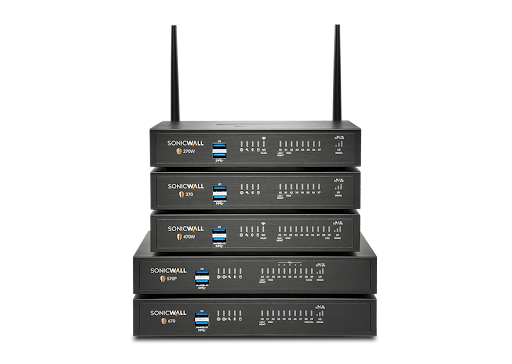Safeguarding your business should always be at the top of your priority list, and by having a robust firewall this serves as the first line of defence against cyber threats. Helping to keep not only your business, but the data it holds, safe. Choosing the right firewall for your business is key, and in this blog we are going to explore the different options available.
Assessing The Needs of Your Business
Firewalls are security devices, either hardware, software, or a combination of both, that monitors and controls incoming and outgoing traffic on your network based on predefined security rules. It acts as a barrier between external and internal networks, to reduce the risk of cyber criminals attacking.
Before looking at the different types of firewalls, it is important to think about the overall needs of your business. Here are some things to consider:
- The size of your organisation – SMBs have different needs compared to large enterprises.
- Network complexity – think about the number of devices and users who share the network.
- Remote workforce – if employees are working remotely, they must be able to access internal systems securely.
- Regulatory compliance – some industries have strict data protection regulations that your firewall needs to comply with.
Types of Firewalls
In order to make an informed decision, you need to understand the main different types of firewalls:
- Packet-filtering firewalls: this is the most basic type of firewall, and is designed for network security. As the name suggests, it is designed to filter and inspect data packets entering the network based on an established set of rules (which the user inputs).
- Circuit level firewalls: these are more detailed firewalls which observe transmission control protocol connections and sessions. They ensure any external sessions that your network encounters are safe and legitimate. The user is alerted and the potential danger is blocked by the firewall.
- Stateful inspection firewalls: these are also known as dynamic firewalls, and are a combination of packet filtering and circuit level firewalls. They monitor all active connections, before establishing a connection to the source of the traffic. Then, they establish another connection to the recipient, adding an extra layer of security.
- Application-layer firewalls: these are more commonly known as proxy firewalls, combining the features of packet filtering firewalls with those of circuit level gateways. They focus on the traffic that flows for specific applications or services, rather than broader network protocols.
- Next-generation firewalls: these are the most advanced firewalls, combining packet inspection with stateful inspection.
Key Features To Consider
When choosing a firewall for your business, there are a few features that you need to take into consideration:
- Threat prevention – the capabilities to detect and block malware, ransomware and other cyber threats.
- SSL / TLS inspection – the ability to inspect encrypted traffic for hidden threats.
- Intrusion prevention system – monitors network traffic for suspicious activity and blocks attacks.
- Application control – identifies and controls applications to prevent risky behaviour.
- Virtual Private Network (VPN) support – facilitates secure remote access for employees.
- Scalability – ensures the firewall can grow with your business needs.
- Ease of management – user-friendly interfaces can reduce administrative tasks.
SonicWALL Firewall Solutions
At Reality Solutions, we are experts at both installation and deployment of SonicWALL firewall, and we highly recommend this to businesses of all sizes. SonicWALL is a cost-effective security solution that combines intrusion prevention, gateway anti-virus, anti-spyware, content filtering and so much more. It is perfect for businesses who have remote staff, as you can easily manage remote users from anywhere in the world.
When implementing a firewall into your business, there are a few things to bear in mind:
- Ensure the firewall’s firmware and security are regularly updated to protect against new threats.
- Educate staff about cybersecurity best practices as this will help support the physical defences you put in place.
- Develop a clear incident response plan for identifying, containing and mitigating security breaches.
- Engage with IT security professionals like Reality Solutions to ensure the firewall solution is tailored to the needs of your business.
For more information on choosing the right firewall for your business, get in touch with our team today.
*This article contains general information in order to assist all of our customers and is meant for guidance only – there are no guarantees that the information we provide will be suitable for your particular needs. If you require specific assistance, we recommend that you seek professional guidance on your individual circumstances. Reality Solutions are in no way responsible for any loss or damage arising from any information contained within our articles.



